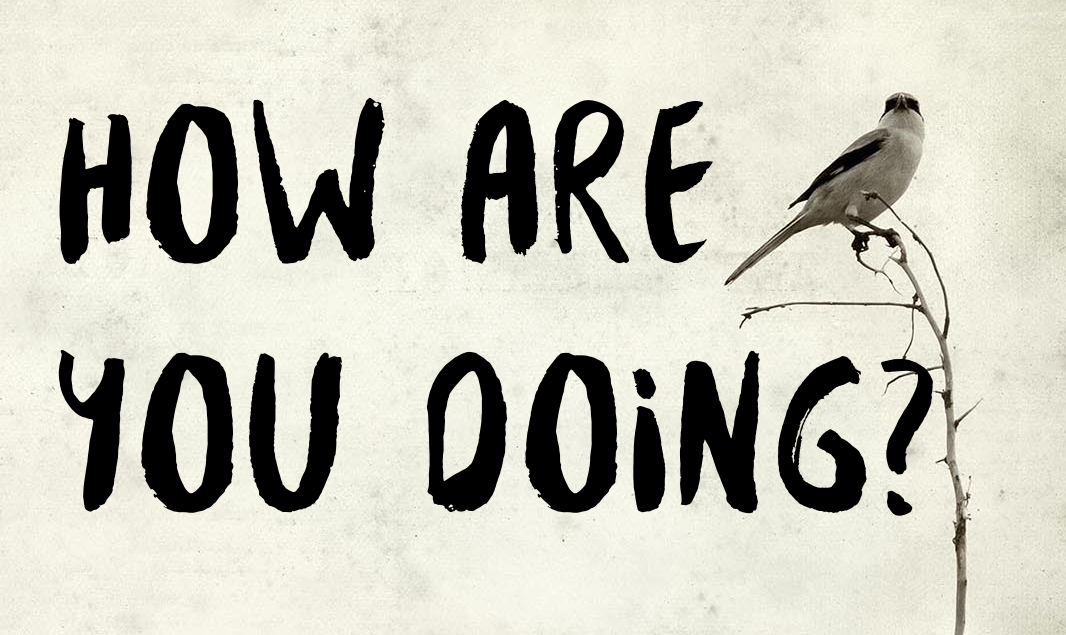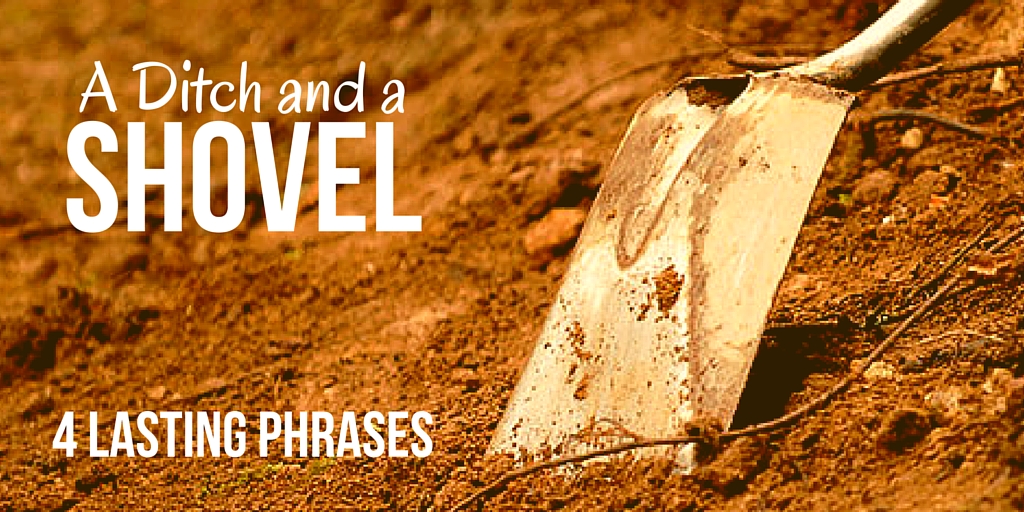Do Something
 *When my 16-year-old daughter Alketa saw the photo of the little boy washed up on the beach, her heart broke for people from Syria. She was compelled to raise money to help. God has a special heart for refugees, too.
*When my 16-year-old daughter Alketa saw the photo of the little boy washed up on the beach, her heart broke for people from Syria. She was compelled to raise money to help. God has a special heart for refugees, too.
“Real religion, the kind that passes muster before God the Father, is this: Reach out to the homeless and loveless in their plight, and guard against corruption from the godless world” (James 1:27, The Message).
The wars in Syria and others places produce new victims every day. According to the UN Refugee Agency, there are almost 12 million people displaced from Syria alone. In Matthew West’s song Do Something, he looks at “a world full of trouble,” and asks, “How’s it ever gonna turn around… God, why don’t You do something?” The answer he hears is “I created you.”
If not us, then who
If not me and you
Right now, it’s time for us to do something
If not now, then when
Will we see an end
To all this pain
It’s not enough to do nothing
It’s time for us to do something
In January, our family heard about a unique way that we could do something.
New Hope Community Services Society (www.newhopecs.org), an organization with a passion to help refugees settle into life in Canada, had recently purchased a 13-suite apartment building in the Whalley district of Surrey, B.C.
Most of the suites were for refugees, but they wanted three local families to move in to provide stability, build relationships, help where necessary and be the light of Christ to these newcomers to Canada.
We volunteered for seven months.
The first refugee family to join the New Hope Community came from Africa.
Temara and her five-year-old daughter Nehi lived as refugees for many years before arriving in Canada in February. Temara is originally from Ethiopia, but had to leave because of ethnic persecution.
I remember the day we took them to a large playground in our neighbourhood. Nehi wasn’t sure how the swings worked, but that didn’t curb her enthusiasm to try everything in sight. We later learned that they would have had to pay an entrance fee at this kind of playground where they lived in Africa.
My wife Lore and Temara have become good friends. Lore has helped her with tasks like using laundry facilities and unlocking a cart at the local grocery store. She also assists Temara with some of her English language learning. (“Saskatchewan” is pretty hard to pronounce!)



